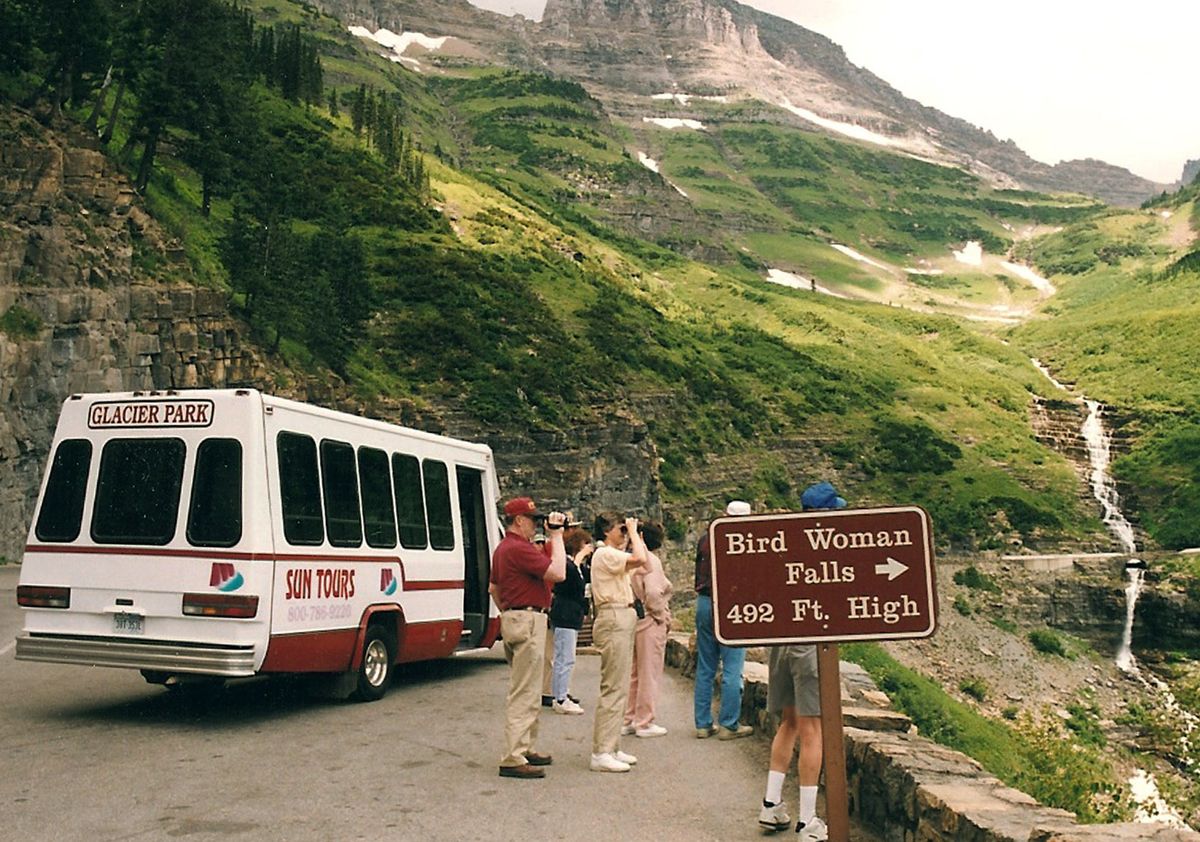Travelers downsize summertime plans
A poll finds fewer Americans making vacation plans, and more of those who do are looking closer to home

NEW YORK – The number of vacationing Americans will be down this summer, according to a new AP-Gfk Poll, and a third of Americans surveyed said they have already canceled at least one trip this year because of financial concerns.
Overall, the survey found only 42 percent of Americans plan a leisure trip this summer, down from the 49 percent who said they planned to take a summer trip in an AP-Ipsos poll conducted in May 2005.
Not surprisingly, the less money you make, the less likely you are to take a vacation. More than two-thirds of those in the $100,000-plus bracket will take some type of leisure trip this summer, compared with 48 percent of those earning $50,000 to $100,000 and just one-third of those with family incomes under $50,000.
In terms of destinations, 12 percent of those planning a trip said they would stay in their home state, 67 percent will go to another state and 19 percent will travel outside the U.S. The poll also found that 20 percent of those planning a trip this summer will stay closer to home this year due to economic worries, while 23 percent will save money by staying with friends or family instead of a hotel.
Despite the downturn, travel bargains are tempting a small number of people – mostly upper-income – to take bigger and better trips. Seven percent of all Americans and 18 percent of those earning more than $100,000 said they would take more elaborate trips than usual because of lower prices.
The poll was conducted by GfK Roper Public Affairs & Media from April 16 to April 20 by landline and cell phone telephone interviews with a nationally representative random sample of 1,000 adults. The margin of error was plus or minus 3.1 percentage points.
Arch Woodside, a professor of marketing at Boston College who specializes in tourism, described the overall decrease in summer travel as “a substantial drop” that will have a significant impact on the industry, especially in places like Florida and New York City where tourism is big business.
Woodside said travel could shrink even more next year as new economic realities sink in. “Most people unconsciously maintain their lifestyles immediately after a big drop in their economic well-being: an ‘I’m going to be all right’ response,” Woodside said. “The impact of their new lower economic reality becomes conscious reality in the second year following a big change.”
Age-wise, 30- to 49-year-olds were most likely to travel, with 48 percent planning a trip. Among those ages 18 to 29, 43 percent said they would travel, and among those ages 50 to 64, 41 percent plan a trip. The real drop-off is among older folks: Just 34 percent of those 65 or older plan to travel this summer.
Among those saying the economy is keeping them home, Tonya Severine, of Bladenboro, N.C., said her husband “works construction and there’s nothing going on right now.” With three children, a vacation is not feasible, but she hopes to spend time outside with the kids, even if it means “staying in the backyard.”
Jon-Paul Juette, a 2008 graduate of Pepperdine University living in Los Angeles, said he has to “keep looking for a job in order to stay afloat. Taking a vacation isn’t possible.” He has a degree in advertising and art history, and his dream is to work in entertainment advertising, but he said he’ll “do anything from graphic design to granding to media planning.” He’s doing odd jobs meanwhile to avoid moving back home.
Nancy Saaranen, of Saginaw, Mich., and her husband are also staying home this summer, but they traveled to Arizona in March, “so we used up our vacation allotment for the year.”
Besides, she added, “we’re both retired, and the grandkids have softball through July,” so they hope to enjoy watching lots of games outdoors.
Woodside, the marketing professor, said “actions by marketers” could counteract the drop in leisure travel with “innovative travel packaging.” One area where he predicts growth in 2010 and 2011 is in tours offering “must-do-in-this-lifetime- experiences with an unbeatable low price” designed to attract “independent travelers – many of whom hate (conventional) packaged tours.”